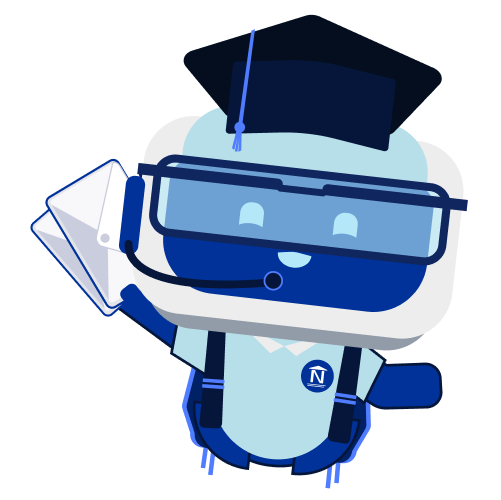How does the interaction of hardware and software work in a modern computer system? How can everyday devices be made "smart" using modern artificial intelligence and information technology processes? What processes and systems are needed to conduct a video conference with people across the globe? How do you operate a complex "system on chip" with multiple application-specific processor cores and hardware accelerators?
The development of these novel technologies increasingly calls for approaches that consider hardware, software, algorithms, and communication components simultaneously: computer engineering. Because the roots of this young engineering science lie in classical electrical engineering and it shares many topics with computer science, it imparts skills and knowledge on hardware and software that can no longer be covered in the required breadth and depth by established courses of study such as electrical engineering and computer science.
The RWTH degree program reflects the new diversity of perspectives. It offers an interdisciplinary concept that is unique in Germany in that it teaches all key aspects of modern computer systems. With the help of a solid professional "toolbox", acquired in the first semesters, students can choose their specialization from the third semester onwards. In elective modules, they pursue their personal interests and deepen their academic knowledge in the four focal areas of CE:
- Digital Hardware
- Systems Theory
- System-related software
- Algorithms.












